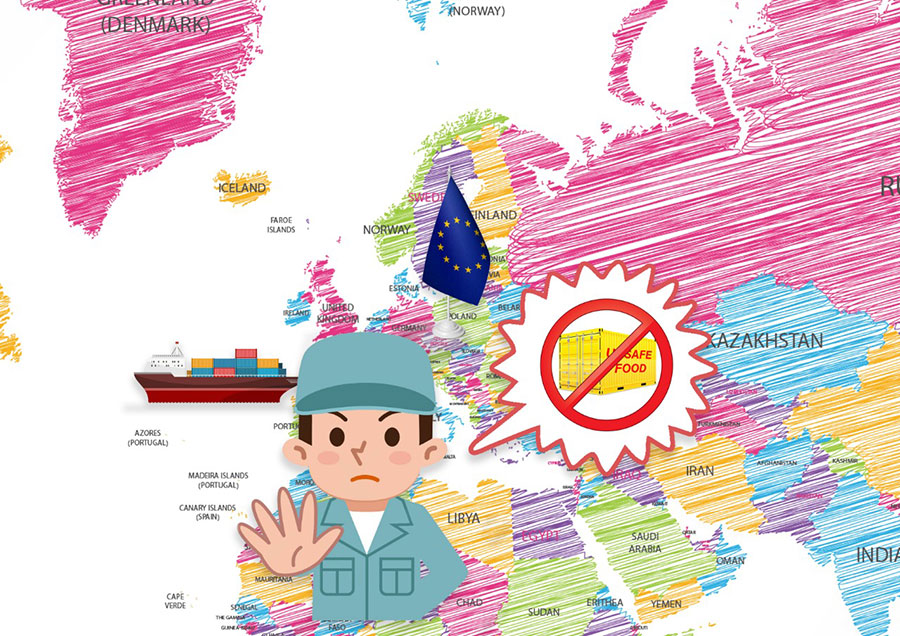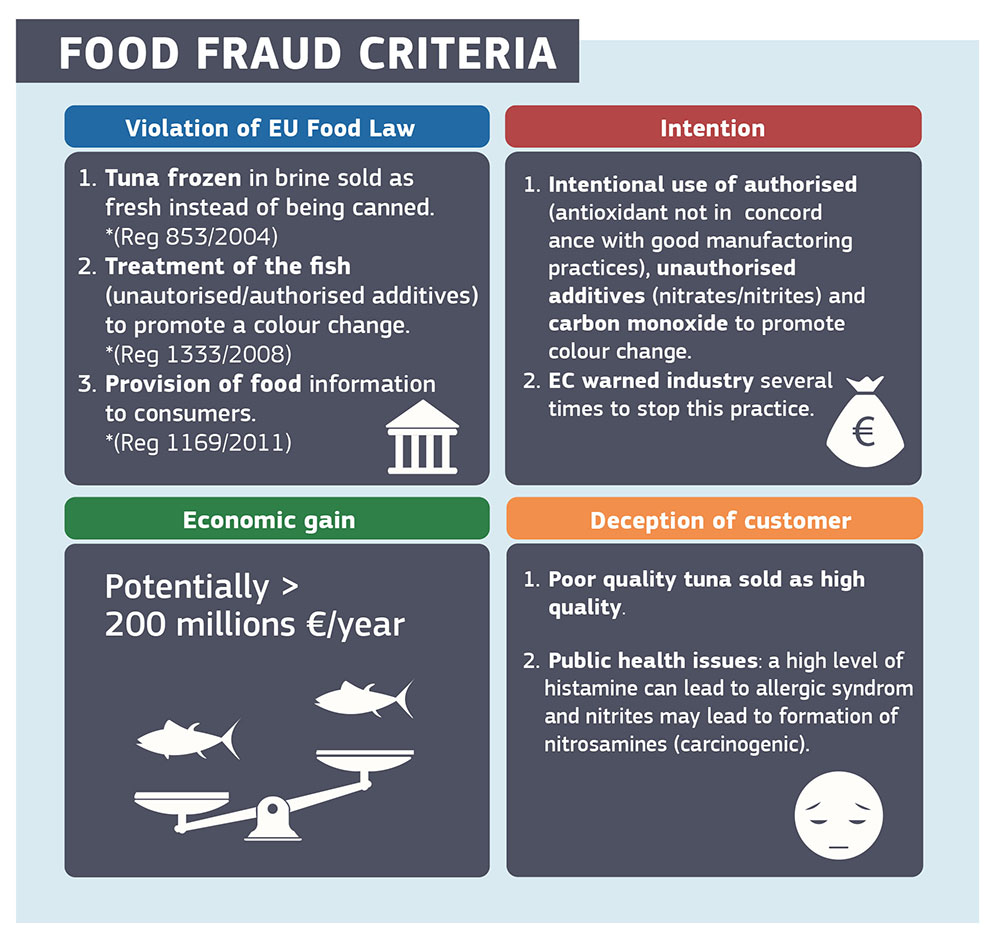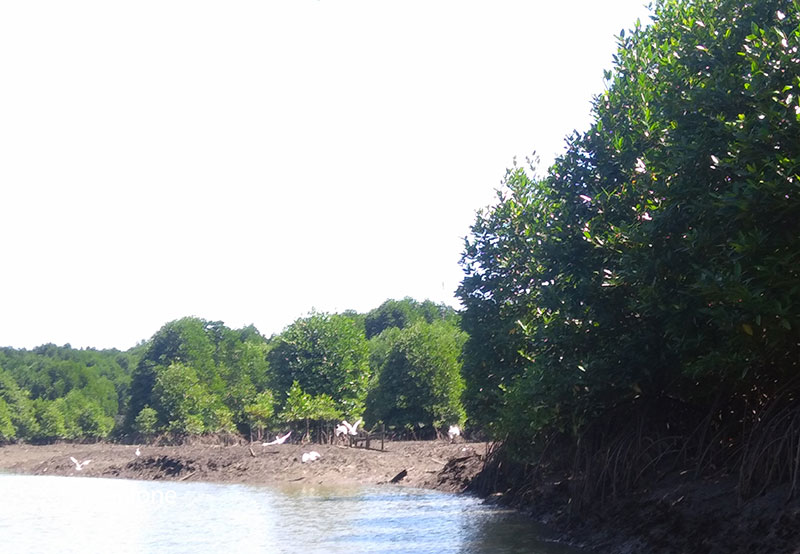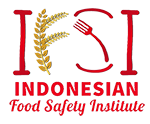Background

Consumers have the right to know that the food they eat are safe, legally produced and sustainable. Major countries imported food from Indonesia as the European Union, the United States of America, Australia are protecting this right through their regulations on food imported, that include the origin of harvesting or catching, processing and labeling of the products.
Importing countries as the European Union, used health certificate as assurance for the food safety. However, lack of confidence on the health certificate issued by the exporting countries, leads to the importers’ requirements for expensive and burdensome certifications to the seafood processors. Only big companies with strong financial capacities could follow this requirements.
Smaller companies that could not comply with these requirements, need to compensate it by selling their products with lower prices, to attract buyers; often is done by reducing weight, added water, using prohibited chemicals etc. that is considered as fraud, that could lead to prohibition to import the products from this particular exporter, or even of all products from those country.
Fraudulent practices concerning imported seafood products to the European Union have been reported as among the highest. Unapproved treatment and/or processing, the replacement, dilution and removal of products and mislabeling have been recorded. One of the reasons for failure in complying to the EU regulation is the lack of technical skills and knowledge in legal requirements that is necessary to ensure the food safety of every food products and economical gain.

Training in technical skills regarding the correct treatment and processing of the products, to get more productivity in the food processed to achieve more value from the products, as well as knowledge on the legal requirements is necessary. Personal certification will give them the knowledge and also the acknowledgment of their skill in the field. It gives more mobility in acquiring better job and gives the company possibility to find the right man on the right place.
Furthermore, respect to the environment to achieve sustainability in the origin and during the processing of food as the waste management, that give more value from the products and keep the environment sustainable, is a Corporate Social Responsibility that should be encouraged in addition to honour, honesty and order as the base of the ethical code that all food business operators should be respected.

The Indonesian Food Safety Institute that will take up this challenge by establishing ethical code and standards as well as providing the technical skills required and acting as platform for seafood business operators, aiming to gather the support and cooperation from all stakeholders in the seafood sector.
Last but not least, the Indonesian Food Safety Institute is actively involved in establishing European Food Arbitration Court, aiming to help all stakeholders in Food sector in mediation and arbitration in case of conflict.
Scope
Food and food products, agriculture, fisheries, forestry, water, environment and all other related products.
Implementation
The Indonesian Food safety Institute does not have a membership nor fee, because it will not exclude anybody. Everybody is welcome as a partner and/or expert. To finance the operation, IFSI expects a Corporate Social Responsibility donation from companies and individuals who would like to assist the Institute in their activities.
